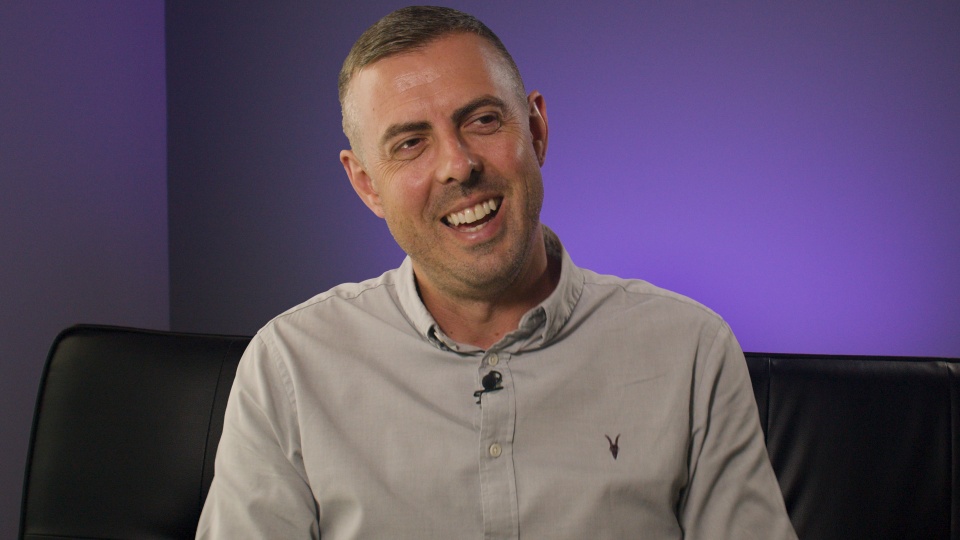Clouds darken around storm
Published in the Herald Sun, January 2009 by Anthony Marx
Perhaps the company name should have tipped off consumers that something may not be right. Like the notorious failure of Pyramid Building Society in the early 1990s, investment group Storm Financial collapsed this month leaving thousands of stunned investors stranded in a monetary cyclone not of their own making.
Mums and dads who hoped to build up their savings or self-fund their retirement are now staring in disbelief at losses of hundreds of thousands of dollars because of the sharemarket nose-dive.
Many who were encouraged to take out high-risk margin loans backed up by the equity in their homes are likely to lose the roofs over their head.
Pending legal action against directors of the Townsville-based firm, insurance companies, financial advisers, banks and other related parties will seek to recover part of an estimated $1.5 billion plus in losses.
The battles will most likely drag on for years, providing no relief in the short term for investors.
Storm was a member of the industry's peak national body, the Financial Planning Association.
It had grown since 1994 to a powerhouse with 14,000 clients, 10 offices across the country and more than $4 billion under management.
But critics maintain there were glaring holes in the Storm business model and the company's financial advisers allegedly promoted highly inappropriate schemes to unsuspecting clients. Some of these concerns helped sink Storm's planned $160 million float in 2007.
In my opinion the strategy adopted by Storm Financial was not only very high risk but fundamentally flawed as it is highly unlikely that investors clearly understood the risks of an aggressive gearing strategy during a market correction," share market analyst of Wealth Within Dale Gillham said.
Financial planner Scott Francis said the Storm plan of borrowing huge sums to invest in index funds relied on a rising stock market. Now that global markets have tanked, around 3000 of the company’s clients are exposed.
About 10 per cent of the client base owe more than the value of their portfolios.
Mr Francis said that the company employed a "one size fits all" strategy for investment, so young workers and those nearing retirement had the same plan regardless of their circumstances or goals.
"Investors sought advice on their financial situation and Storm Financial advised them to borrow heavily," Mr Francis said.
"It appears that it didn't seem to matter if they were retired, close to retirement or had little income.
The answer was the same: get your hands on some debt, gear it up further using an aggressive margin loan facility and then wait for the sharemarket to work its magic.
"What's wrong here? It's not the products; it's not even the structure of the investment. It seems to me that there was no way the average Storm Financial investor would be able to navigate a steep sharemarket downturn."
Mr Francis also criticised Storm for "excessive" entry fees of up to 6.6 per cent and then 1.14 per cent annum.
Entry fees alone for a $500,000 portfolio would reach $33,000, or the equivalent of what an investor could expect to earn in an average year of sharemarket growth.
Some Storm investors have defended the business model and the actions of wealthy founder Emmanuel Cassimatis. An administrator was appointed on January 12 after failing to pay a $40 million debt to the Commonwealth Bank.
A Sunshine Coast man, who admitted to losing nearly $4 million, said the stop-loss mechanisms used to prevent catastrophic drops in value were not allowed to operate properly. He believes that the bank should have accepted a deal put forward by Mr Cassimatis rather than force the firm to the wall.
Dennis Bashford, managing director of Futuro Financial Services, said the demise of Storm will unfairly taint margin lending as a legitimate investment tool.
"Used the right way it is a great method of increasing peoples' wealth," he said.
So where does this leave the consumer who must rely on the advice of financial advisers to build up wealth but wants to avoid the dangers of another Storm debacle?
Like anyone getting a grim diagnosis from a doctor, a second or third opinion might be in order.
It might also help to avoid companies which recruit celebrities, retired sports stars or former politicians o act as spokespeople or board members.
Former Australian cricket coach John Buchanan promoted Storm, which closed on Thursday with the sacking of all 115 staff.
Back to Articles

